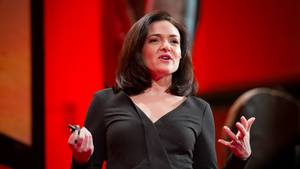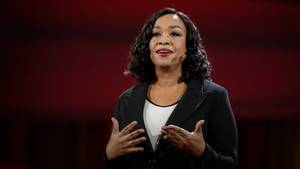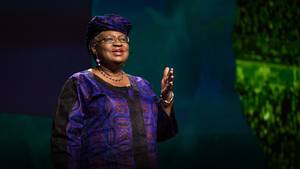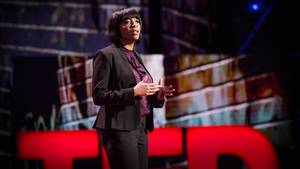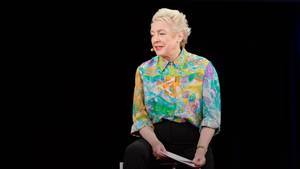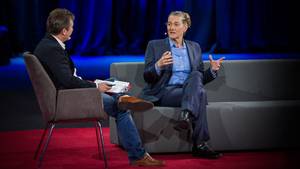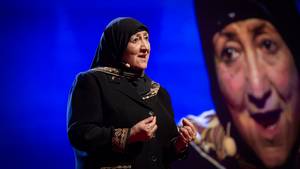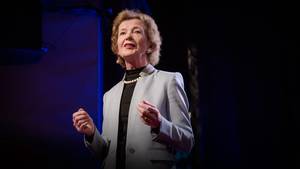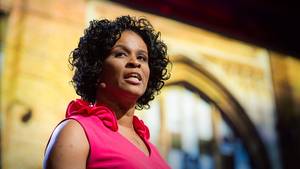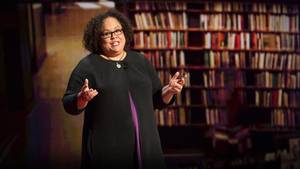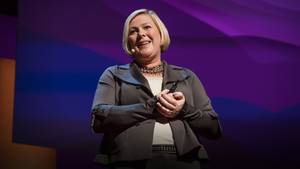Read More:
WOMEN IN ISLAM
- Honorable Status of Women in Islam
- Women Modesty & Piety in Islam
- Marriage: Right of Choice, Divorce & Dower
- Women's Inheritance
- Polygene, Polygamy
- Woman granted right of Divorce , Khula
- Mother, Children & Family
- Women's right to Entrepreneurship in Islam
- Evidence by Women
- Women and Paradise
- Slavery
- Women in the Western Culture
- Prominent Muslim Women
- Hijab - Women may not cover Face
- Women & History
- E Book Women
WOMEN IN ISLAM
Subjugated or Emancipated?
Online or Download as Google Doc or formats of choice
~ ~ ~ ~ ~ ~ ~ ~ ~ ~ ~ ~ ~ ~ ~ ~ ~ ~ ~ ~ ~
.
~ ~ ~ ~ ~ ~ ~ ~~ ~ ~ ~ ~ ~ ~ ~ ~ ~
Humanity, Knowledge, Religion, Culture, Tolerance, Peace
Join Millions of visitors: لاکھوں وزٹرز میں شامل ہوں
انسانیت ، علم ، اسلام ،معاشرہ ، برداشت ، سلامتی
سلام فورم نیٹ ورک Peace Forum Network
Books, Articles, Blogs, Magazines, Videos, Social Media
بلاگز، ویب سائٹس،سوشل میڈیا، میگزین، ویڈیوز,کتبJoin Millions of visitors: لاکھوں وزٹرز میں شامل ہوں
Salaamforum.blogspot.com
Twitter: @AftabKhanNet
Facebook: fb.me/AftabKhan.page
سوشل میڈیا پر جوائین کریں یا اپنا نام ، موبائل نمر923004443470+ پر"وہٹس اپپ"یا SMS کریں
Join 'Peace-Forum' at Social Media, WhatsApp/SMS Name,Cell#at +923004443470Twitter: @AftabKhanNet

